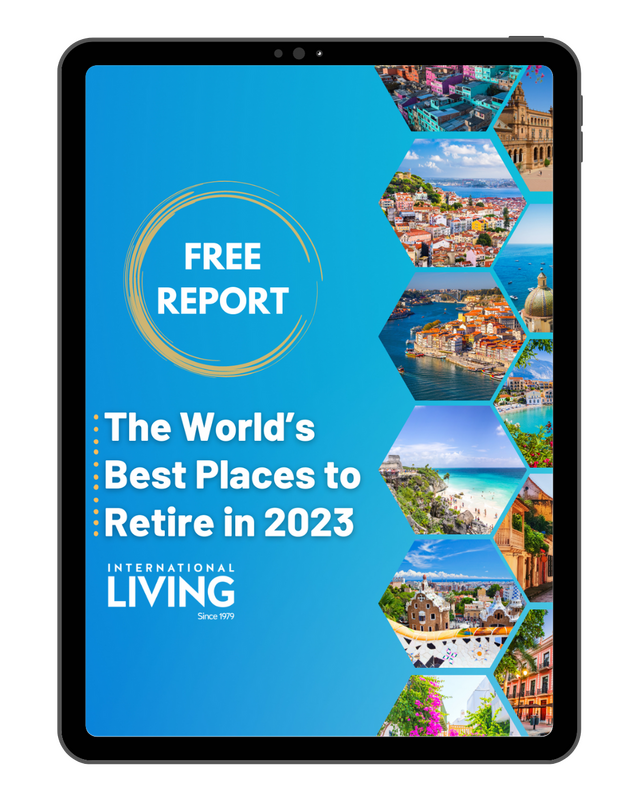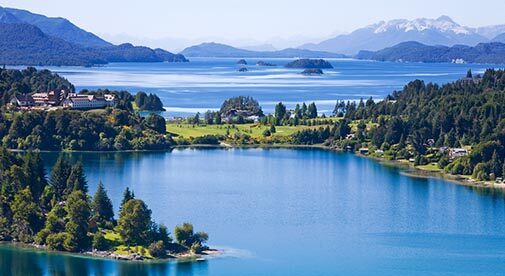If you told me before my wife Karen and I left on our open-ended, slow-travel journey that the world would completely shut down one day, I wouldn’t have believed you.
Not for a minute.
And raise your hand if you had ‘global pandemic’ on your things-that-might-happen-while-traveling-abroad checklist. We certainly didn’t. But here we are, idling in San Carlos de Bariloche, Argentina, since March 20, waiting for the planet to reboot.
It has been especially challenging for us since our travel plan involves spending several months exploring a country before moving on to the next one. So far, we’ve spent nine months in Mexico, three in Ecuador, five in Peru, one in Chile, and now three (and counting) in Argentina.
Recently, the government reported flights into and out of Argentina likely won’t begin again until September 1. That’s still over two months away.
While this has definitely put a crimp in our ongoing-travel plans, it hasn’t altered our desire to keep moving forward.
We’re very aware some people find that shocking. When restrictions started extending around the world, friends and family began asking if we were coming home. Our response has been steadfast and consistent: Home is where we are right now.
Why? When we made the decision to travel, we sold everything we owned, save for a small storage unit of odds-and-ends in Seattle. The plan was to travel lightly and slowly for as long as possible with no planned end date. So, wherever we are at the moment is home.
We both work remotely, so as long as we have reliable WiFi, we can live anywhere in the world. That was the catalyst from day one: Make U.S. dollars with clients in the U.S. and travel to countries with a lower cost of living. So far, we have spent far less money traveling and working than if we stayed put in Seattle. It was a no-brainer decision for us because we both love to travel.
That doesn’t mean we weren’t impacted. We had to cancel planned trips to El Calafate and Torres del Paine in Patagonia, as well as to Ushuaia, the southernmost city in the world. Our jobs took a hit too and we’ve had to tighten our belts accordingly.
But as the pandemic unfolded globally, Argentina acted early and swiftly. It is safe here. Safer than being back home because the local government in Rio Negro province is taking citizen health very seriously. While we may be restricted in what we can do, the actions taken here have significantly reduced the number of cases and negative outcomes. We think that’s a good thing.
Most importantly, when planning our travels, we dotted the i’s and crossed the t’s so we could be self-sufficient wherever we went in the world. Global healthcare? Check. International banking access? Check. Points-based credit card? Check. Connectivity to clients and family? Check. While we weren’t preparing for a pandemic, our plan has enabled us to keep moving forward, despite the obstacles.
The saving grace throughout this ordeal? Karen and I share the same mindset: We’re travelers on a journey. And while we didn’t plan for this, we were well-prepared, and we have the resolve and patience to get through it.

Get Your Free Report on the World’s Best Places to Retire:
Learn more about the best places in the world to retire in our daily postcard e-letter.
Simply enter your email address below to sign up for our free daily postcards and we’ll also send you a FREE report on The World’s Top 10 Retirement Havens, plus access to over 10 more free reports. Our gift to you, on our favorite destinations.
Related Articles
Is it Safe to Live in Argentina?
Retiring in Argentina Comes With a Lot of Positives
Upcoming Conferences
The Only 2024 Fast Track Panama Conference
If your dream retirement involves stunning beaches… lush green mountains… a warm climate with no hurricanes… first-rate healthcare… incredible value for money (a couple can live well on $2,200 a month)… and the World’s #1 Retiree Discount Program…
Join our Panama experts and expats in February and discover why Panama could be your perfect paradise.


.png)